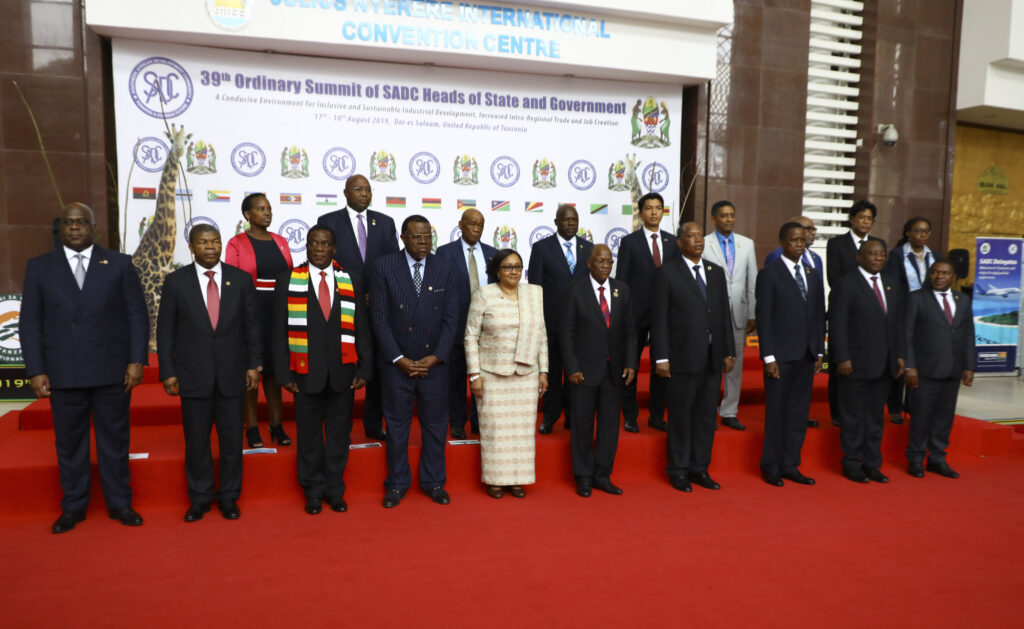Zimbabwe Coalition on Debt and Development (ZIMCODD)
This week’s instalment is on the clarion call for a people centred post-COVID-19 recovery plan. It is based on the speech by the Southern African People’s Solidarity Secretary General (SG), Janet Zhou that was delivered to the Society Talks: CSOs and outcomes from SADC People and Youth Summits on the September 2020.
The Southern African People’s Solidarity Network (SAPSN) is a regional network of social movements, popular forces, and civil society organizations with membership drawn primarily from national movements and community-based initiatives working on debt, trade, structural adjustment, poverty, and globalization in the SADC region. SAPSN convenes the SADC People’s Summit annually parallel to the SADC Heads of States Summit to give voice and agency to the poor and marginalised.
The 2020 People’s Summit was held under the theme ‘SADC@40: Towards a People-centred Post COVID future.’ The Summit noted key issues that threaten the attainment of a people-centered recovery plan and these are:
i. Poverty and Inequality – Southern Africa is the most unequal region in Africa. The COVID pandemic has shown the need to expand, strengthen, and increase social protection in a more radical way.
Governments should scale up and go beyond commitments like the Abuja Declaration for 15% Budget on improving access to health or the e’Thekwini Declaration committing governments to spend 0.5% of GDP on sanitation. Young people are calling for Universal Income Grants to cope with high unemployment rates and limited access to opportunities. Women are calling for targeted and gender just government transfers aimed specifically at reducing the care burden that inevitably falls on women’s shoulders.
ii. Democratic Decline – Democratic conditions in the region are under decline. We have perennial challenges like the absolute monarchy in the kingdom of Eswatini, a fragile reform process in Lesotho, and escalating human rights abuses in Zimbabwe.
There is a need for a peer review and reporting mechanism for leaders to hold each other accountable as well as Institutional frameworks to facilitate a more deliberate and consistent interface between SADC and Civil Society actors in the region. Expanding the mandate of the SADC Parliamentary Forum into a regional legislating body is a step in the right direction.
iii. Conflict and Militarism – The military conflicts in Eastern DRC and Northern Mozambique are not aberrations. Rather, there are worrying signs of the Region’s vulnerability and unpreparedness to address the root causes behind these conflicts. The increased use of arms and military authority to amass wealth and control resources in the region is worrisome.
There is an urgent need for devolution of power and authority so that local leaders and authorities have a say over their wealth and natural resources without having to resort to militant means. This also puts into perspective the amassing of emergency powers during Covid-19 informed lockdowns with clear timeframes to return to constitutional and legal order.
iv. Climate destabilisation – Last year alone, the Region experienced 2 major cyclones – Cyclone Idai and Cyclone Kenneth in addition to other urgent climate-induced catastrophes like recurrent droughts, desertification, loss of pasture, etc. Most of these climate impacts are worsened by extractivism, unsustainable agricultural and food production systems, and fossil fuel dependence. SADC should reflect a sense of climate emergency, preparedness, and inclusivity in its frameworks and in national action plans.






